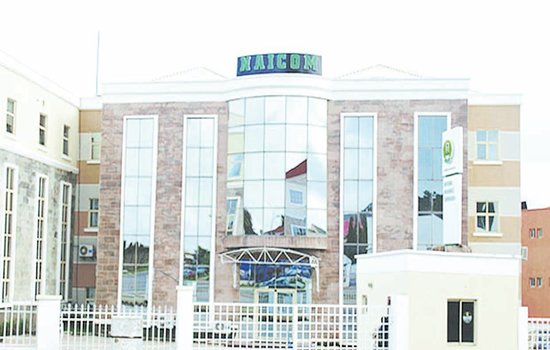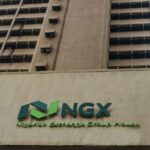
After wielding big sticks against Standard Alliance and Niger Insurance, the National Insurance Commission has threatened to withdraw the licenses of more erring companies in a bid to sanitise the industry.
Speaking in an exclusive interview in Abuja, Chairman, Governing Board of NAICOM, Dr Abubakar Sani, said the agency was desirous of protecting policyholders and instilling discipline in the industry.
“We have to sanitise the institutions and we will not allow weak companies to continue in order to protect policyholders. This is important so that at the end of the day, nobody will accuse of having weak regulations. We are out to really protect policyholders,” he said.
On the allegation that the revocations of Niger Insurance and Standard Alliance were selective, Sani noted that NAICOM followed due process before withdrawing their licenses.
“Revocation of licenses is not something that is done in a day because the Insurance Act of 1997 prescribes investigation and inspection, and they are statutory. If a company starts failing, does not meet the requirements or the management control is not there, the license can be withdrawn.
“Under the process, you would be informed. And when you fail to meet up with your obligations, cannot adequately run as a company and cannot meet up with obligations, the regulator will use a hammer on you. Even then, by law, you are allowed to appeal to the minister who would decide whether the due process was followed. So, it is never about bias, and more companies that do not meet up will also face sanctions.”
On the issue of recapitalisation in the industry, which was suspended by the agency recently, Dr Sani declined to comment, noting that the case was already in court and it would amount to contempt to discuss it.
But he stressed that capitalisation was inevitable in order to enable the industry to compete favourably with emerging market peers.
“We have to be honest to ourselves, this economy is dynamic. The capital and assets of the NNPC today are in trillions of naira. It was not so 10 years ago. They need insurance to cover their risks. So, because of that, there is a need for improvement and recapitalisation so that they can sell insurance effectively and avoid capital flight. If you want to really be a player, you don’t even need the regulator to ask you to recapitalise. You are the one that will increase your capacity in order to compete.”
Insurance penetration is less than one per cent in Nigeria, according to a March research report by Augusto & Co. This is less than Africa’s average of 2.78 per cent and the global average of 7.20 per cent.
Sani said his vision was to ensure that the industry contributed more to the Gross Domestic Product and attract more foreign investment to the sector. He said the agency would look at the Insurance Act of 1997 to see if there were aspects of the law impeding insurance growth and make efforts to amend them.





